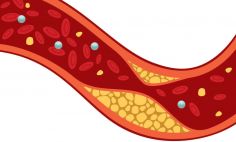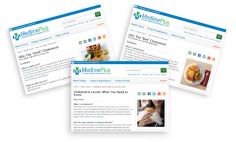Health Topics

6 ways to lower your cholesterol
Ask questions, mind your diet, and get moving
High LDL cholesterol can lead to heart disease, which is the number one cause of death in the U.S. That's why it's important to take steps early on.
While some risk factors are beyond your control, there are things you can do to reduce your risk.
Ask questions. Don't hesitate to ask your health care provider follow-up questions after a blood test. They can answer questions about your cholesterol levels and provide guidance on what to do next. Cholesterol is a tricky topic that you don't have to navigate alone.
Eat a healthy diet. Reduce or avoid foods high in saturated fat and trans fats. This can help to lower your cholesterol levels in your blood. Eat a variety of nutritious foods, including fruits, vegetables, whole grains, nuts, beans, lean meats, and fish.
Lose weight. Excess weight increases your cholesterol and risk for heart disease. Losing weight can help lower your LDL cholesterol and triglycerides. Talk to your doctor about what a healthy weight is for you.
Stay active. Regular exercise may help lower your LDL cholesterol and raise your HDL cholesterol. Adults should aim for 30 minutes a day. Children and adolescents should get one hour of physical activity a day.
Quit smoking. Quitting smoking can raise your HDL cholesterol. Talk to your doctor about ways to help you quit.
Take your medication. Some people need medicine to lower cholesterol levels. Never stop taking your medication without speaking with your doctor, nurse, or pharmacist.







